
The following is a snap-shot of funding opportunities that have been announced. Please follow the links for more information:
ESRC
New & Emerging Forms of Data – Policy Demonstrator Projects
The ESRC is pleased to invite Expressions of Interest for New and Emerging Forms of Data – Policy Demonstrator Projects under Phase 3 of the Big Data Network.
Maximum Award: £25,,000 Deadline: 14 October 2016
Royal Society of Chemistry
Researcher Mobility Grants
Researcher Mobility Grants support PhD students and early career researchers to undertake short to mid-term scientific visits to overseas or UK organisations.
Maximum Award: £7,500 Deadline: 31 October 2016
NERC
Engaging the UK public with big issues of environmental science
NERC is inviting proposals under this programme for public engagement projects costing up to £20k that must be delivered between January and end of March 2017.
Maximum Award: £220,000 Deadline: 3 November 2016
BBSRC
Brazil partnering awards
Funds can only be used for travel, subsistence and other activities, such as workshops or exchanges. They are not to fund salary costs, consumables, items of equipment or other research costs, nor to link ongoing single collaborative projects
Maximum Award: £50,000 over 4 years Deadline: 17 November 2016
China partnering awards
As above, for China.
Maximum Award: £30,000 over 4 years Deadline: 17 November 2016
European partnering awards
As above, for Europe.
Maximum Award: £20,000 over 12 – 18 months Deadline: 17 November 2016
If you are interested in submitting to any of the above calls you must contact your RKEO Funding Development Officer with adequate notice before the deadline.
For more funding opportunities that are most relevant to you, you can set up your own personalised alerts on Research Professional. If you need help setting these up, just ask your School’s/Faculty’s Funding Development Officer in RKEO or view the recent blog post here.
If thinking of applying, why not add notification of your interest on Research Professional’s record of the bid so that BU colleagues can see your intention to bid and contact you to collaborate.
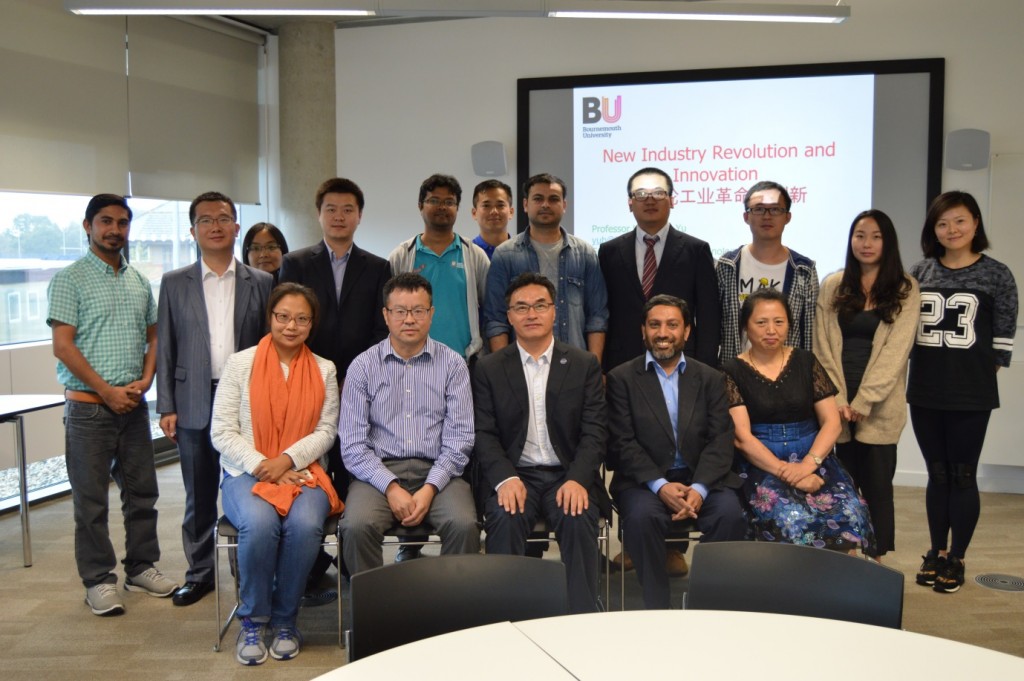
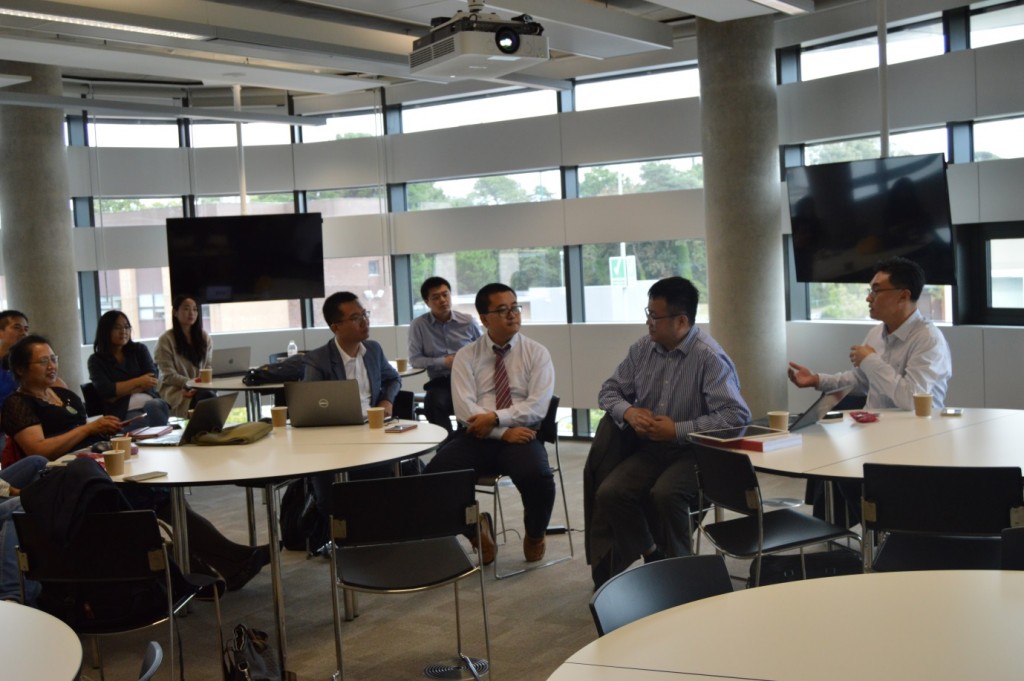

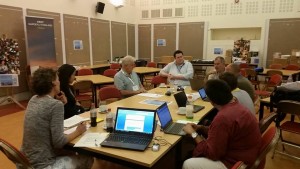

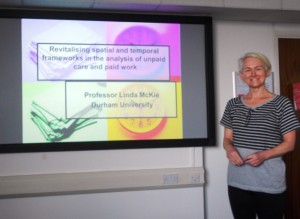
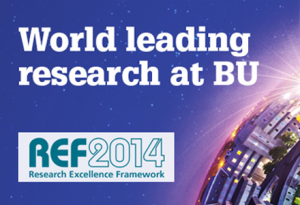
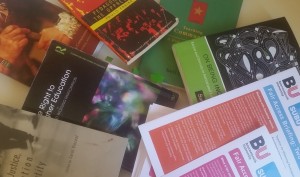

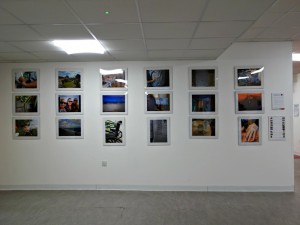 From 12 September, the Centre for Excellence in Learning (CEL) is holding a photo exhibition in Poole House, next to the Cash Office. This exhibition is part of the ‘Students who bounce back’ project, a study funded by Bournemouth University’s Fair Access Agreement Management Group. The study is being conducted by researchers at CEL, in co-production with student carers*.
From 12 September, the Centre for Excellence in Learning (CEL) is holding a photo exhibition in Poole House, next to the Cash Office. This exhibition is part of the ‘Students who bounce back’ project, a study funded by Bournemouth University’s Fair Access Agreement Management Group. The study is being conducted by researchers at CEL, in co-production with student carers*.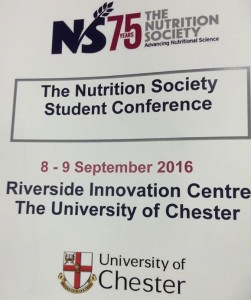
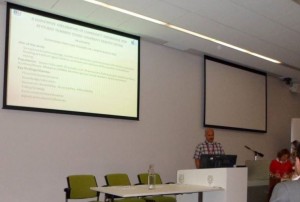
 Public Health England has launched a
Public Health England has launched a  On Wednesday, 19th October 2016, BU’s Global Engagement team (as part of the new Research Knowledge Exchange Development Framework) will be facilitating a Sandpit event on Global Challenges, attended by staff from the DFID and other organisations.
On Wednesday, 19th October 2016, BU’s Global Engagement team (as part of the new Research Knowledge Exchange Development Framework) will be facilitating a Sandpit event on Global Challenges, attended by staff from the DFID and other organisations.










 ESRC Festival of Social Science 2024 Open Call – Deadline for Applications Thursday 16 May
ESRC Festival of Social Science 2024 Open Call – Deadline for Applications Thursday 16 May We can help promote your public engagement event or activity
We can help promote your public engagement event or activity Horizon Europe News – December 2023
Horizon Europe News – December 2023